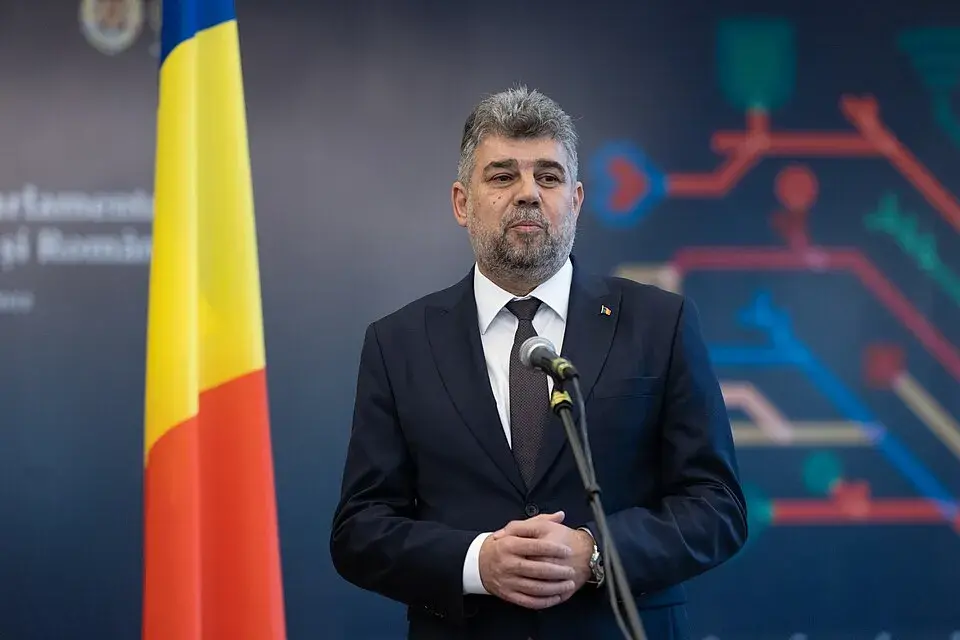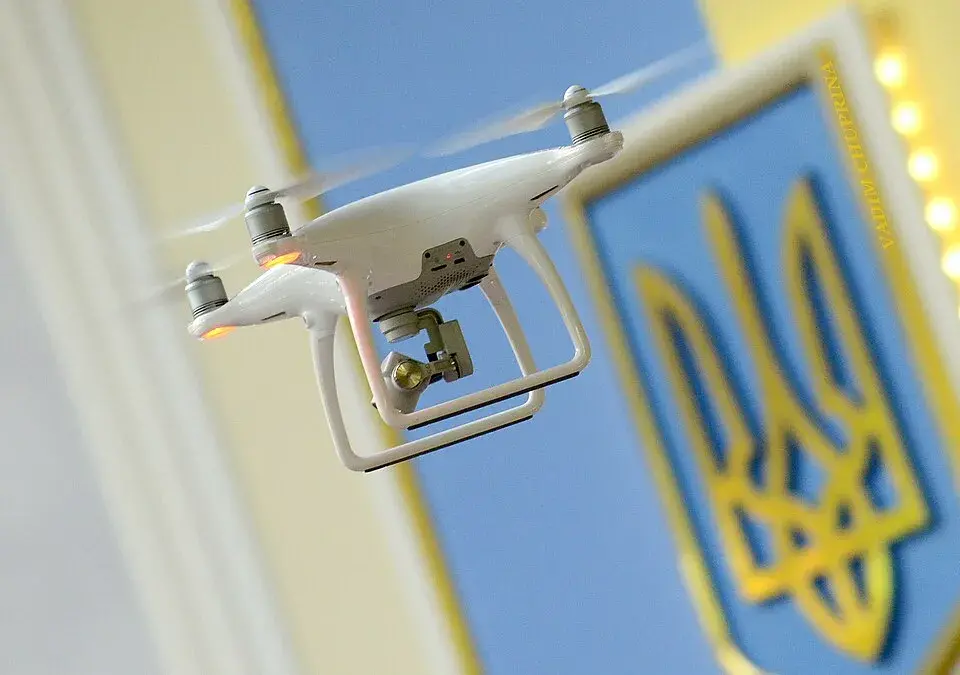“Under my leadership, the arms debate will be removed from the public eye,” declared German Chancellor Friedrich Merz.

The German government will stop publishing details about its military aid to Ukraine, Chancellor Friedrich Merz announced on Saturday during a visit to Kyiv.
Sources familiar with the matter had previously told Reuters that public information on weapons system deliveries to Ukraine would be reduced in order to achieve “strategic ambiguity” and prevent Russia from gaining any advantages.
“Under my leadership, the debate on arms deliveries, calibers, weapons systems, etc., will be removed from public view,” Merz told RTL/ntv broadcasters in Kyiv.
After Russia’s full-scale invasion of Ukraine in February 2022, the German government initially reported sporadically on its military support to Kyiv. Under pressure from parliamentarians and the media, it later began publishing an updated list of systems and supplies delivered.
Merz, who took office on Tuesday, said Germany’s commitment to supporting Ukraine in its fight against the Russian invasion will not change.
“Germany will continue to expand its financial support. I’m counting on you (…) to do the same with us,” Merz said, addressing other European leaders during a meeting in Kyiv.
Merz’s announcement comes amid strong diplomatic pressure against Russia. On Saturday, together with the heads of state and government of France, the United Kingdom, Germany, and Poland, the German Chancellor endorsed a new European political push to demand a full and unconditional ceasefire of at least 30 days, starting Monday, May 12.
“We have agreed that starting Monday, a complete and unconditional ceasefire of at least 30 days must begin. We jointly call on Russia to comply,” Ukrainian President Volodymyr Zelensky declared during a joint press conference in Kyiv. Zelensky also emphasized that this initiative has the backing of the United States.
If the Kremlin refuses the demand, European countries announced they will impose new sanctions targeting Russia’s energy and banking sectors. British Prime Minister Keir Starmer made it clear that Ukraine’s allies will not accept halting Western arms supplies as a condition for the truce. “Together with the US, we will increase pressure on Russia if Moscow refuses to lay down arms,” Starmer stated.
French President Emmanuel Macron said the United States will be responsible for verifying compliance with the ceasefire if Russia agrees to it. Should the Kremlin violate the agreement, Europe and the US will impose “massive coordinated sanctions.”
According to Macron, a one-month truce would immediately allow negotiations on other key issues in the conflict, such as the security guarantees Ukraine should receive once the war ends.
Keep Independent Journalism Alive
In a world flooded with noise, independent journalism is more vital than ever. We work hard to bring you clear, accurate, and unbiased international news — free from corporate or political influence.If you believe in the power of honest reporting, please consider making a donation. Every contribution, big or small, helps us stay independent and keep the world informed.
Support us via PayPalYour support makes a difference.


